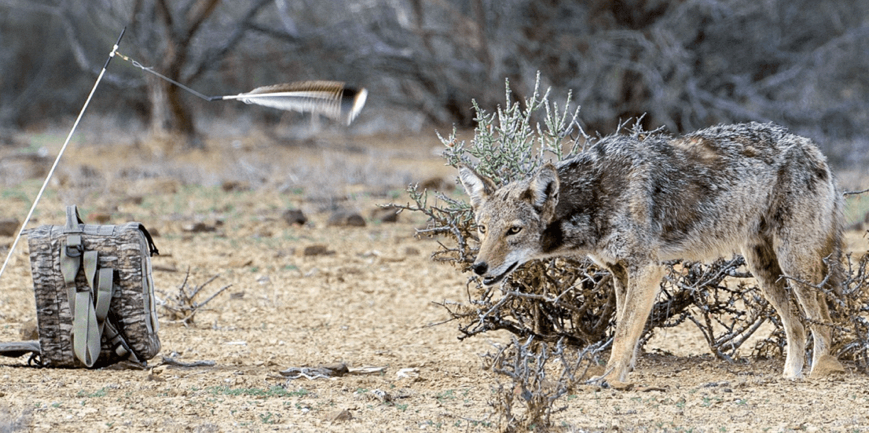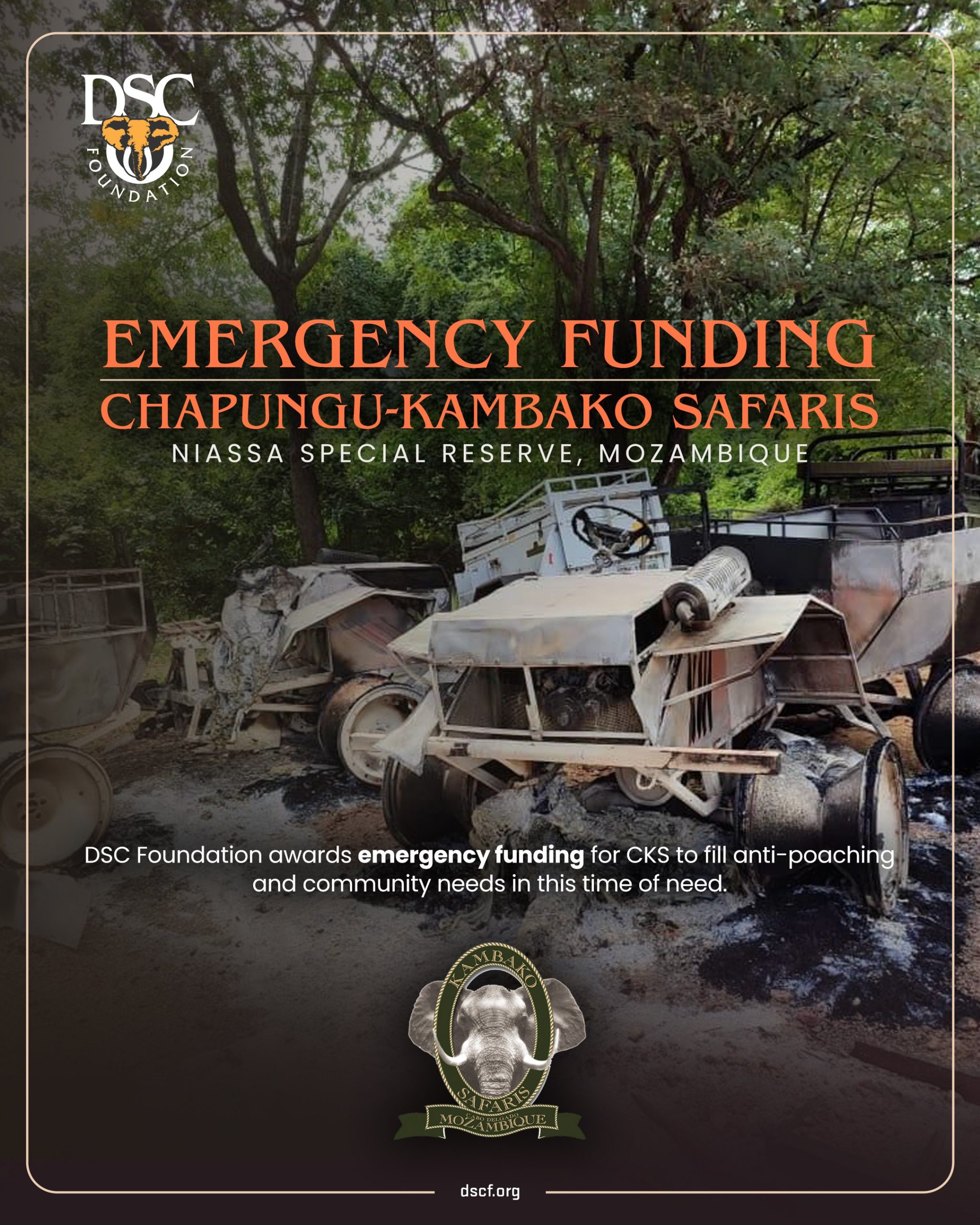This release was originally published by the US Department of the Interior.
WASHINGTON –Today, U.S. Department of the Interior Secretary Ryan Zinke, in partnership with the National Fish and Wildlife Foundation (NFWF) and ConocoPhillips, announced a new NFWF $2.7 million grant program to enhance and improve the quality of habitat in state identified, priority big-game winter range, stopover areas, and migration corridors on federal land and/or voluntary efforts on private land. This grant program is possible from funding support provided by the Bureau of Land Management (BLM), U.S. Fish and Wildlife Service (USFWS) and ConocoPhillips. The move comes as U.S. Secretary of the Interior Ryan Zinke’s Secretarial Order 3362 is implemented to maintain and conserve migration route corridors for elk, mule deer and pronghorn antelope in 11 western states. Earlier this month, Secretary Zinke announced more than half a million dollars in grant funding for Arizona and Utah researchers to study migration corridors in their states.
“An effective strategy for conservation of western big game must include identifying and maintaining migration corridors, which is exactly why I am prioritizing research and conservation of these areas,” Secretary Zinke said. “Our goal is healthy herds, and just as it is for many other conservation objectives, the best way to work toward this goal is a public-private partnership. The work we do today will ensure that our public lands system remains the envy of the world and that wildlife-based recreation continues to be a cornerstone of the American heritage.”
“Healthy and protected migration corridors are essential to the future of a wide range of big-game species across the West,” said Jeff Trandahl, executive director and CEO of NFWF. “By working closely with our partners at the Department of the Interior, and with the support of ConocoPhillips, we will expand funding opportunities for conservation projects that will make a real difference for these big-game species.”
“ConocoPhillips has a long history of supporting conservation solutions that help provide lasting ecological benefits,” said Ryan Lance, chairman and chief executive officer of ConocoPhillips. “Through our SPIRIT of Conservation Program, ConocoPhillips is proud to support Secretarial Priority 3362 and efforts to protect critical corridor habitat essential for the sustainability of migratory animals.”
This new NFWF grant program requires that all proposals specifically address how projects will directly address state-identified priorities to conserve or restore habitat and measurably contribute to the sustainability of local and regional big-game populations. Proposals must accomplish program priorities which include:
- Restoring degraded priority winter range, stopover areas, and migration corridors by activities identified in the state plans such as removing encroaching trees from sagebrush ecosystems, rehabilitating areas damaged by fire, or treating exotic/invasive vegetation to improve the quality and value of these areas to big game and other wildlife.
- Working cooperatively with private landowners and State highway departments to achieve permissive fencing measures, including potentially modifying (via smooth wire), removing (if no longer necessary), installing if serving to direct big game movement out of harm’s way, or seasonally adapting (seasonal lay down) fencing if proven to impede movement of big game through priority migration corridors.
- Implementing measures such as conservation easements and management agreements or other actions to protect bottle necks within corridors and other areas within priority winter range or stopover areas threatened by fragmentation.
- Using other proven actions necessary to improve the habitat quality /or restore priority big-game winter range, stopover areas, or migration corridors across the West.
Eligible applicants include non-profit 501(c) organizations, U.S. Federal government agencies, state government agencies, local governments, municipal governments, and Indian tribes. For more information about how to apply for this grant, please visit https://www.nfwf.org/westernmigrations.



